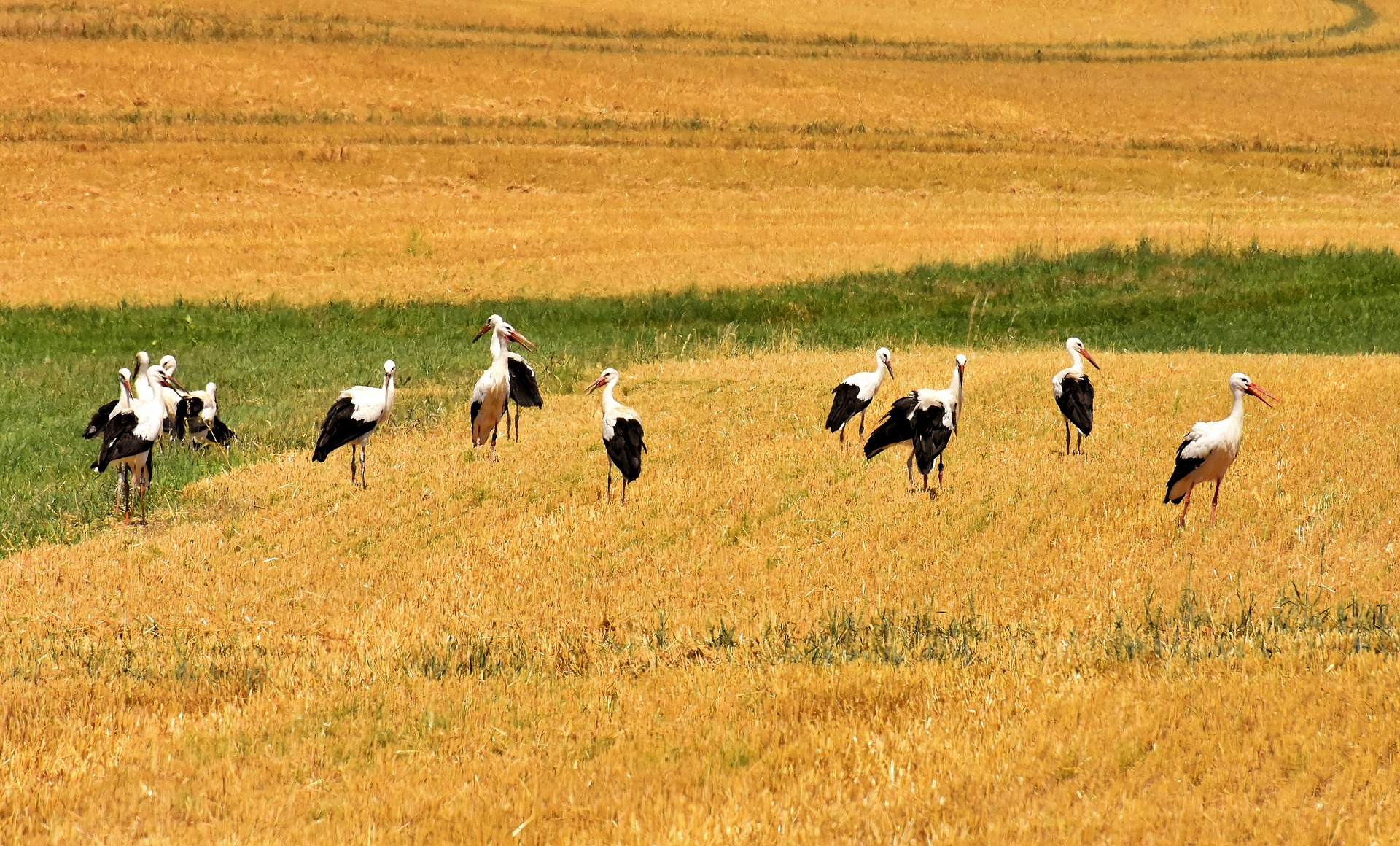As we approach Remembrance Day, we enter a period of national reflection as we pay our respects to the many brave women and men who have fallen, sacrificing themselves in the hope of a better future. This is a time to not only remember the huge sacrifices made but also discourage such horrific events from repeating themselves in the future.
Sadly though, the world is currently experiencing yet another dark time of great losses, this time felt globally by wildlife. A human-driven mass extinction that is seldom talked about, where we are losing species at a rate akin to the when the infamous asteroid hit the Earth 66 million years ago. Many might be surprised to hear that this is not confined to far distant lands where rhinos and pangolins are being hunted by organised criminal syndicates. The UK hosts one of most wildlife depleted and impoverished lands on the planet, ranking a shocking 189 of the 218 countries when measuring their biodiversity levels. Countless species have been persecuted and lost from our country, each representing countless wild voices that will never be heard again. As you open the Peoples Manifesto for Wildlife, many of the losses and drastic declines are highlighted with the wording ‘Lest We Forget’.
Despite this depressing yet hard hitting opening, this is one of the most aspirational, positive and powerful documents I have ever read, setting a vision for a future where both humans and wildlife can coexist and thrive. Its authors comprise of leading lights and pioneers throughout the multidisciplinary world of the conservation sector, including farmers, ecologists, scientists, journalists, lawyers and well-known TV conservationists.
The manifesto proposes a complete restructure of our political systems, encouraging radical but well-justified policy reform with minimal partisan bias. Working to redefine many of the cultural norms that are contributing to the ‘drastic destruction’ of our wildlife leading to an ‘ecological apocalypse’ and environmental collapse, that currently seems to be socially acceptable in what the document calls a ‘complacent stupor’. This is even reflected in the language we typically use when addressing these issues as, these species have not been ‘lost’. They have been destroyed.
The document is laid out with a series of Ministries, each focusing on a particular area of proposed reform, from ‘Natural Culture and Education’, ‘Urban Spaces’, ‘Wildlife Crime’, ‘Trees’ and many elements of the farming sector. Proposals include ‘Outdoor learning one day a fortnight, or equivalent, for every child in primary education’, ‘Call an immediate halt to the badger cull’ and ‘Set up a nationwide scheme to measure levels of pesticides in soil and rivers’. All the proposals are well informed and supported by a strong evidence base, and to my mind seem like awaited practical and common-sense solutions.
It is suggested that a new independent public body called, ‘LIFE UK’ is established, to help address these issues surrounding biodiversity collapse and climate change. The manifesto states that the UK’s statutory bodies ordained with this task, such as Natural England are not fit for purpose. Due to their devolved nature and the massive levels of financial cuts that they have had to endure. However, the document does not criticise any of the staff associated with these organisations but recognises the difficult circumstance in which these hard working and passionate individuals have found themselves.
Despite all this it is not the fundamental policy reform that truly inspires me about this manifesto. It is the call to action. The UK’s conservation community must strive to not only work together, removing egos and forgetting corporate strategies which view others as competitors rather than collaborators, but work to truly inspire and empower communities and individuals to be proactive. We must all ‘summon the courage to face them and fight to fix’ the problems that face us, together. Only then can we appropriately harness the true power of the tools and techniques that are currently available to restore and revive our planet.
This is a true Conservation Optimism spirit worth sharing, so what are you waiting for?


